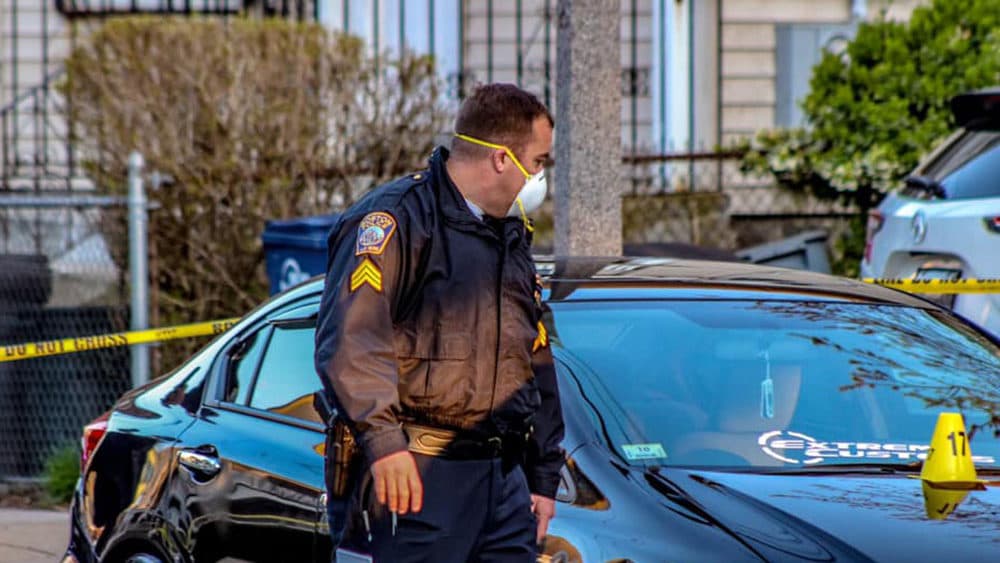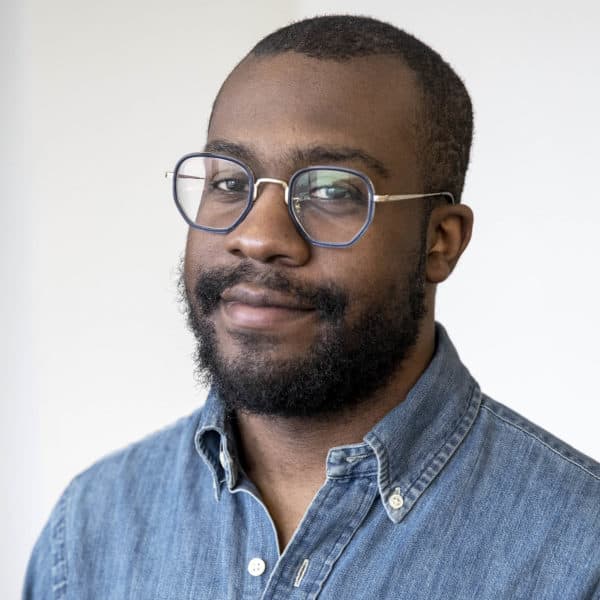Advertisement
Coronavirus Coverage
'This Is Too Much': Crime Continues Despite Pandemic

Wednesday marked seven years since bombs detonated on Boylston Street, marring the Boston Marathon. And on that day of reflection, in the middle of the afternoon and with the specter of pandemic looming over the city, 17-year-old Alissa King was shot and killed.
"This shooting occurred in broad daylight," said Boston Police Commissioner William Gross Wednesday while flanked by Mayor Marty Walsh and Suffolk County District Attorney Rachael Rollins. "It's something that traumatizes you ... It's times like this, during a pandemic, that we should stick together and no acts of violence should be tolerated."
King's aunt, Jessica Lewis, pleaded for the violence to stop, especially during the spread of coronavirus.
"We're losing grandparents, aunts, uncles, cousins, friends, family," she told television news crews Wednesday. "And now this? This is too much."
While COVID-19 has changed just about every aspect of life, yellow police tape is still in use. Gross noted that violent crime stats are up, "but it's not astronomical."
Crime won't stop just because of a public health crisis, said former EMS worker Cam Goggins.
"We are still hearing, on the radio, calls for shots fired," he said.
Goggins, along with other first responders, runs Live Boston, a nonprofit that has been chronicling public safety incidents in the city since 2017. And he's not surprised by the level of violence despite a public health crisis and a voluntary curfew.
"If you're going to go out to shoot somebody, I don't think a curfew is going to stop you," he said. "But it's interesting to see that it's still prevalent in this climate right now."
Data from the Boston Police Department show no difference in the number of documented shootings from from March 2019 and March 2020. But Roxbury mother and community organizer Monica Cannon-Grant said she's noticed more gunfire since this pandemic started.
Advertisement
"I've noticed that there's been an increase in non-fatal shootings," she said. "A there's been a lot of shots fired incidents."
Cannon-Grant has been tracking crime in Boston for about 10 years. A few years ago, she made a Facebook page called Violence in Boston Inc., where she posts reported crimes. And over the years, she's learned tragedy doesn't mitigate crime.
"The first thing that comes to mind is the Boston Marathon bombing," Cannon-Grant said. "I can remember at that time when we were still dealing with inner-city shootings."
She said the root of many crimes is poverty, and the coronavirus doesn't change that reality for many city residents.
"For those that are living in communities that are disadvantaged, we're still poor," Cannon-Grant said.
Police have also noticed a few changes in the types of incidents that happen, now that so many people are staying home. Vehicle break-ins are up. Residential break-ins are down.
And while Cannon-Grant may feel many of these incidents are crimes of necessity, Gross suggests many are crimes of opportunity.
"During this pandemic, there are those who try to prey upon this hardship," he said Tuesday, during a press conference to remember the life of a fellow Boston officer who died of complications from COVID-19. "It won't be tolerated when you commit acts of violence or a crime in our neighborhood. Nothing's changed."
This segment aired on April 17, 2020.
